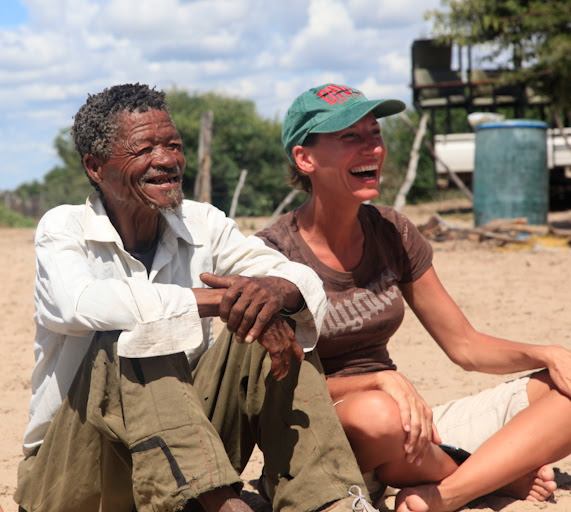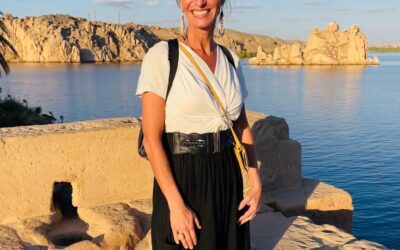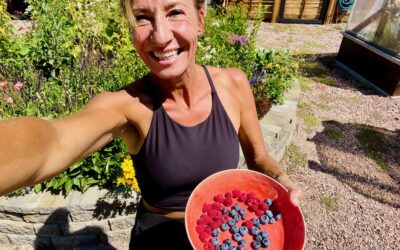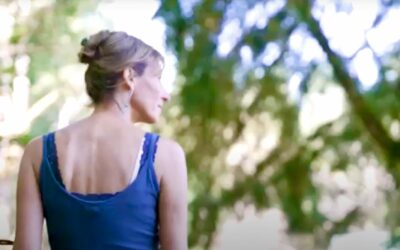To the extent that we can characterize evolution as designing our modern brains, this is what our brains were wired for: reaching out to and interacting with others. Neuroscientist Matthew Lieberman in his book, Social: Why Our Brains Are Wired to Connect
I was stunned. Imagine if your only responsibility as a parent was to love your children.
For his intergenerational community, everyone had a role in the raising of children. Aunts and uncles and grandparents would teach, mentor, and discipline. Parents taught their children too, but solely through their own example.
The entire social structure of the Kalahari San Bushmen is centered on community. And they are happier because of it.
In contrast, our society is structured in such a way that nuclear families live in isolation. Our elders are placed in nursing homes. And children largely don’t have the influence of a “village” to guide them as they grow into adulthood. This can affect us spiritually, mentally, and physically, and may have an impact on our well-being.
The question before us is how we can cultivate a sense of community in our own lives and enjoy the benefits of true connection.
Give Yourself a Reason to Connect
One of the easiest ways to foster community is to connect through potlucks. In my old neighborhood, we had monthly potlucks that would rotate houses. Through these gatherings, we developed friendships and knew everyone in our neighborhood, including the kids. We looked out for each other and the children had an open-door policy. We had a true connection and knew that if there was ever a need, our close-knit community was available for support, guidance, and encouragement. It was our very own intergenerational village.
Ask for Help
Another way to cultivate connection is to ask for help. In our culture, we tend to think we can handle it all alone. We worry that we might be inconveniencing people if we ask for assistance. But here’s the interesting part: people actually like to help, it gives us a sense of purpose. We’re wired for it. So when we ask for help, or if someone is in need of help, it connects us and creates extended relationships. It builds the village.
The Benefits of Connection
Not only does connection with our community encourage happiness, it is also essential for our overall well-being. As I wrote in, “The Transformative Power of Wild Places and Connection—My Journey“, a sense of community is powerful medicine:
It is interesting to directly experience indigenous communities like the San Bushmen and compare it to our western culture. They rarely have mental illness and very little, if any, physical illness; whereas we become ill quite quickly in our culture. I feel this is because we’re fragmented without a sense of place. We are incredibly disconnected from nature, community, and often even ourselves. Nicole Apelian, Ph.D.
Our Humanity is Bound Together
In closing, I would like to share with you a wonderful South African idea called Ubuntu. It refers to a person who is generous, hospitable, friendly, caring, and compassionate. Essentially, it recognizes my humanity is bound with yours and, because of this, we share what we have.
We all belong to a bundle of life.
Interconnection is key.
My humanity is bound up in yours.
Interested in learning more about The Origins Project and this San Bushman community? Visit The Origins Project today!
Nicole Apelian




